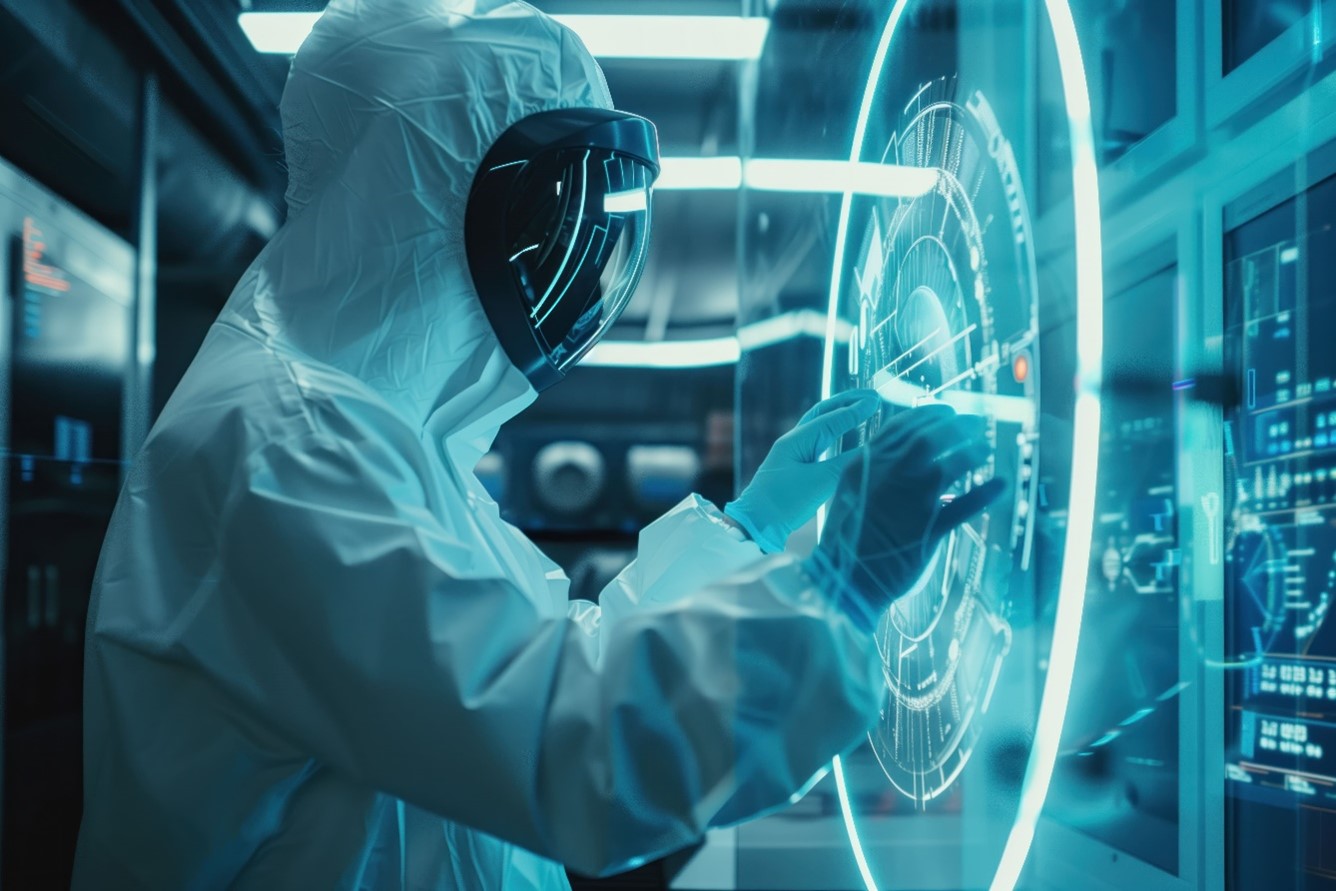
The medical device industry is undergoing a significant transformation, with Artificial Intelligence (AI) playing an increasingly crucial role in ensuring quality assurance (QA). The integration of AI technologies is reshaping how medical devices are manufactured, tested, and maintained, offering unprecedented opportunities for improving safety, efficiency, and compliance. Patrick Gora explores how AI is revolutionizing quality assurance processes in medical device manufacturing, focusing on applications such as predictive maintenance, automated inspections, and data-driven decision-making.
Quality assurance is critical to medical device manufacturing, as any defect or malfunction can lead to serious health consequences. Traditional QA methods, while effective to a degree, often involve manual inspections and testing, which can be time-consuming, prone to human error, and costly. AI is stepping in to bridge these gaps by providing more accurate, efficient, and reliable quality control processes.
AI-powered quality assurance systems leverage machine learning (ML), computer vision, and data analytics to detect defects, predict maintenance needs, and optimize production processes. Patrick Gora of Rochester explains that these technologies not only enhance the accuracy of QA but also significantly reduce the time and cost associated with ensuring that medical devices meet regulatory standards.
One of the most promising applications of AI in medical device quality assurance is predictive maintenance. In the manufacturing sector, equipment downtime can lead to costly delays, impacting production schedules and ultimately affecting product quality. Predictive maintenance uses AI algorithms to monitor equipment performance in real time, identifying potential issues before they result in machine failure.
AI-driven predictive maintenance systems analyze vast amounts of data collected from sensors embedded in manufacturing equipment. These systems use ML algorithms to detect patterns and anomalies, allowing manufacturers to address potential problems before they escalate. For example, an AI system might identify that a specific machine part is showing signs of wear and tear, enabling maintenance teams to replace it before it breaks down.
This proactive approach not only reduces equipment downtime but also minimizes the risk of defects in the final product. Patrick Gora emphasizes by ensuring that manufacturing equipment operates optimally, predictive maintenance helps maintain high-quality standards in medical device production, resulting in safer and more reliable devices for patients.
Another significant application of AI in medical device quality assurance is automated inspections. Traditional inspection processes often rely on human inspectors to identify defects, such as cracks, misalignments, or inconsistencies in the product. While effective, manual inspections are labor-intensive, slow, and susceptible to human error.
AI-powered automated inspection systems, on the other hand, use computer vision and deep learning algorithms to analyze medical devices in real-time. Patrick Gora of Rochester understands that these systems can detect even the smallest defects with a level of accuracy that surpasses human capabilities. For instance, computer vision can identify microscopic cracks in a medical device that might go unnoticed during a manual inspection.
Moreover, automated inspections are significantly faster than manual processes. An AI system can inspect hundreds or even thousands of devices in a fraction of the time it would take a human inspector, making it possible to maintain high-quality standards while keeping up with production demands. Patrick John Gora explains that this level of efficiency is especially crucial in the medical device industry, where timely delivery is often a matter of life and death.
Data-driven decision-making is another area where AI is making a profound impact on medical device quality assurance. The manufacturing process generates vast amounts of data, including sensor readings, production metrics, and quality control reports. However, analyzing this data manually is virtually impossible, limiting its potential to inform quality assurance practices.
AI systems excel at processing and analyzing large datasets, extracting valuable insights that can be used to enhance quality assurance processes. For example, machine learning algorithms can identify trends and correlations in production data, helping manufacturers pinpoint the root causes of defects and implement corrective actions. Patrick Gora of Rochester emphasizes that by leveraging data analytics, manufacturers can gain a deeper understanding of their production processes, leading to continuous improvements in product quality.
AI-driven data analytics can also assist in regulatory compliance, a critical aspect of the medical device industry. Regulatory bodies such as the FDA and the European Medicines Agency (EMA) have strict quality assurance requirements for medical devices. AI can help manufacturers stay compliant by continuously monitoring production data and identifying potential deviations from regulatory standards. Patrick Gora explains that this proactive approach ensures that devices meet quality requirements, reducing the risk of costly recalls and regulatory penalties.
Patrick Gora of Rochester understands that the integration of Artificial Intelligence in medical device quality assurance is revolutionizing the industry, offering new levels of accuracy, efficiency, and reliability. Through predictive maintenance, automated inspections, and data-driven decision-making, AI is helping manufacturers produce high-quality medical devices that meet stringent regulatory standards. As technology continues to evolve, it will undoubtedly play an even greater role in shaping the future of medical device quality assurance, ultimately contributing to better patient outcomes and advancing healthcare technology.